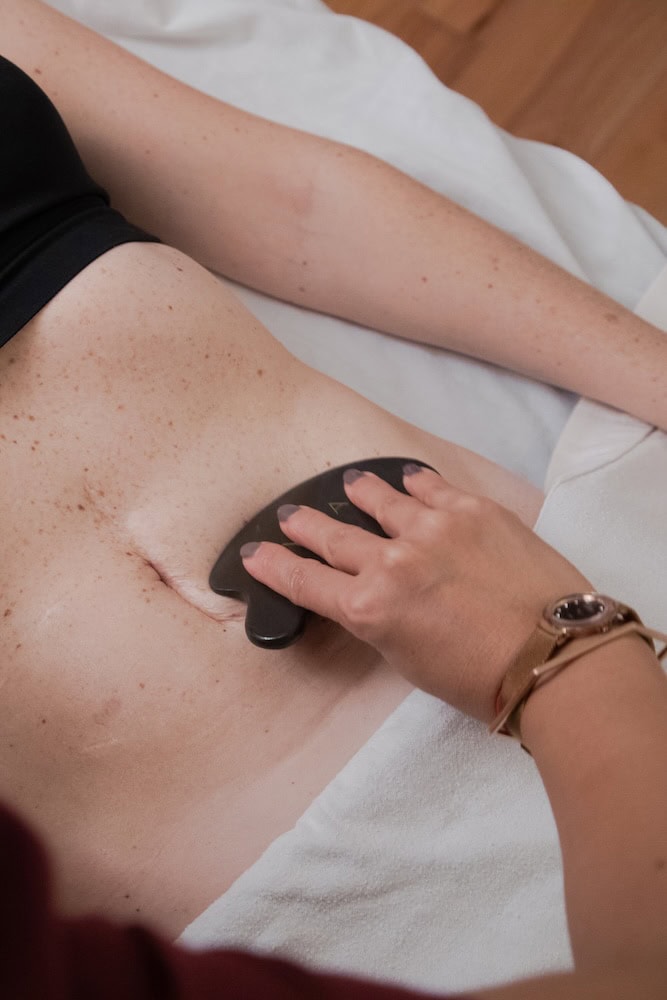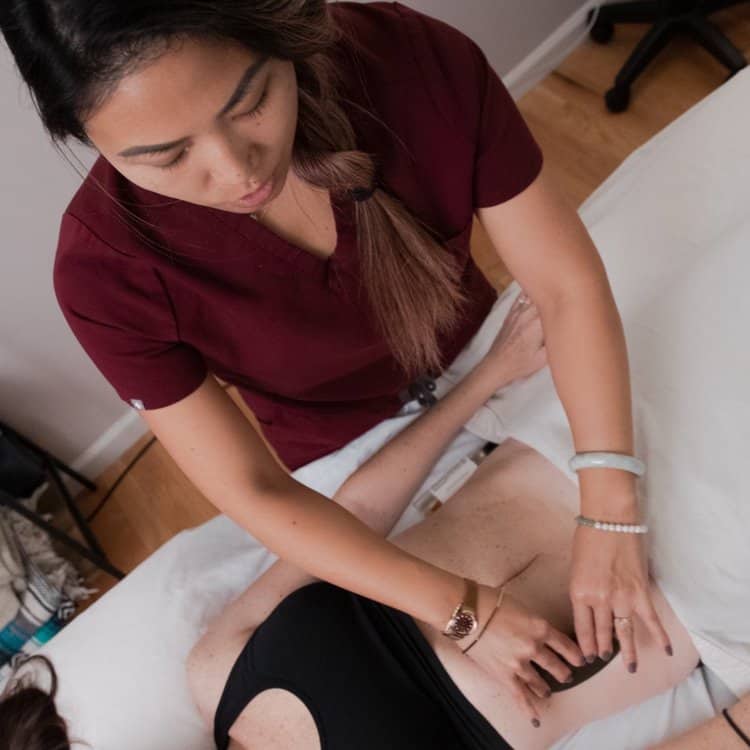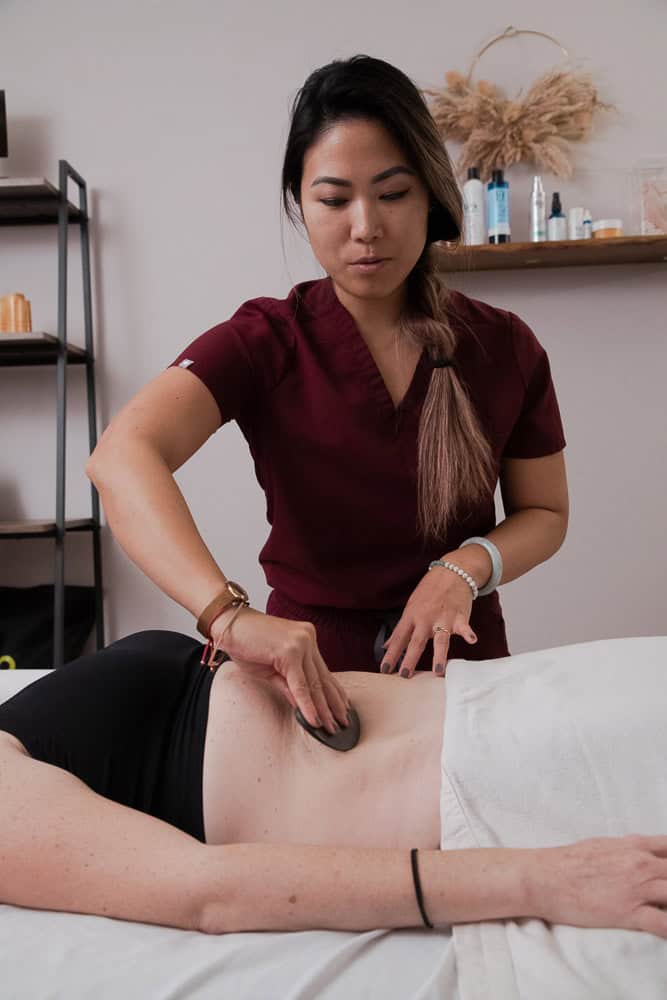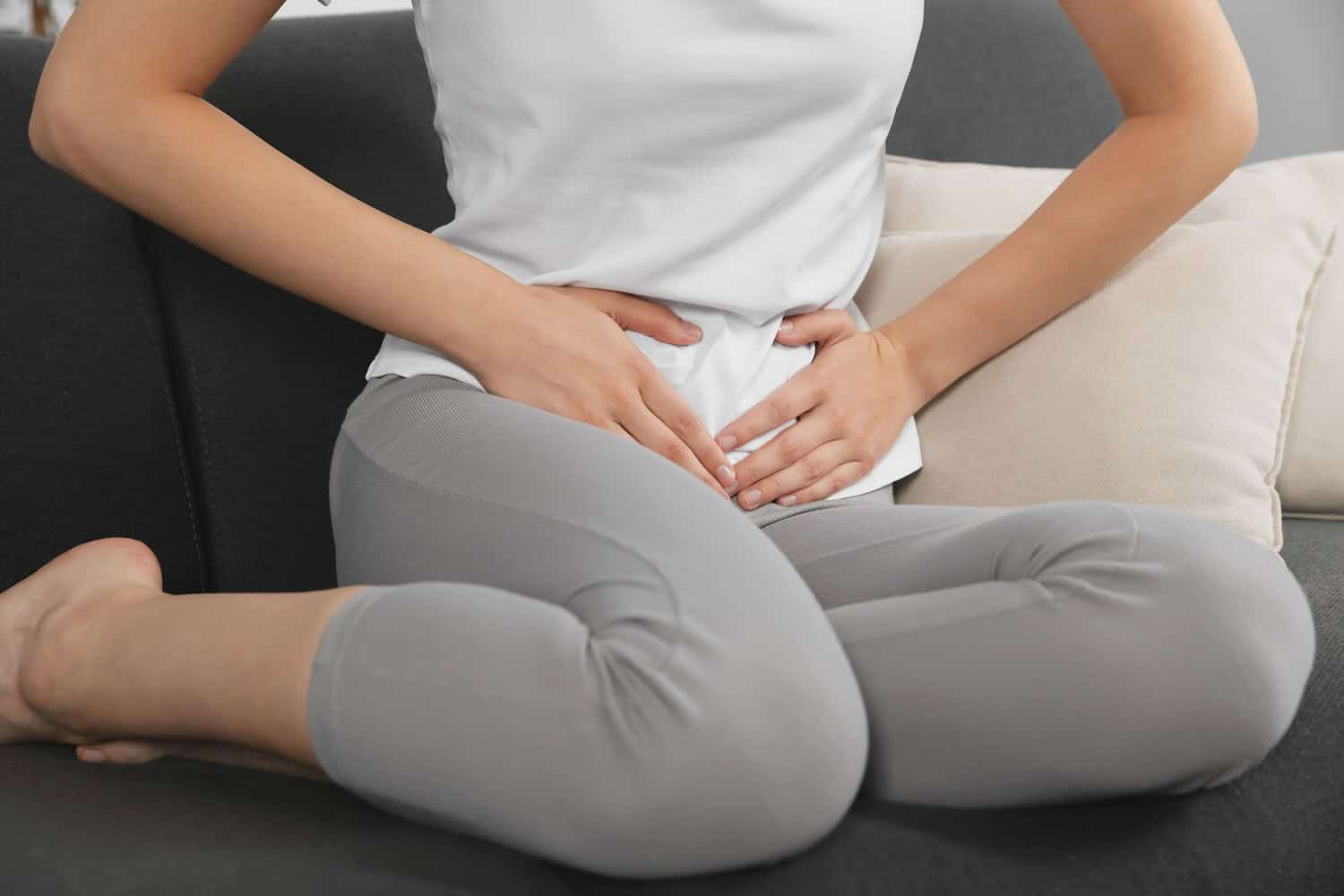Endometriosis

Acupuncture for Endometriosis: Natural Pain and Symptom Relief
Endometriosis can cause chronic pain, heavy periods, digestive issues, and fertility challenges, making daily life difficult for many women. Symptoms often fluctuate, with some months feeling manageable and others bringing intense discomfort. Many people don’t know they have endometriosis until they start fertility treatments and it’s discovered during investigative diagnostic procedures. While medications and surgery are common treatment options, they don’t always provide lasting relief, and many people seek alternative ways to manage their symptoms.
Acupuncture offers a natural, non-invasive approach to easing endometriosis symptoms by reducing inflammation, regulating hormones, and improving circulation. By addressing both the pain and the underlying imbalances that contribute to it, acupuncture can help restore comfort and improve overall well-being. In certain cases, acupuncture can also help people avoid surgery.
How Can Acupuncture Help with Endometriosis?
Acupuncture can support endometriosis management by reducing pain, balancing hormones, and addressing the inflammation that worsens symptoms. Traditional Chinese Medicine views endometriosis as a condition of blood stagnation, where circulation is impaired, leading to pain and dysfunction. Acupuncture improves blood flow and promotes the body’s natural healing processes, helping to relieve discomfort and restore balance. In some cases, treatments can slow the growth or even reduce the size of abnormal endometrial tissue.
Reduce menstrual pain and cramping by increasing circulation in the pelvic region.
Lower inflammation and support immune system function.
Help regulate hormone levels, particularly estrogen, which plays a role in endometriosis progression.
Enhance fertility by improving blood flow to the reproductive organs.
Improve digestive symptoms, such as bloating and constipation, when endometrial tissue affects the intestines.
Slow down the growth of endometriomas or chocolate cysts.
More About Endometriosis Treatments
What are the common symptoms of endometriosis?
- Severe menstrual cramps (dysmenorrhea) – Ranging from mild discomfort to debilitating pain.
- Heavy or irregular menstrual bleeding – May include spotting or mid-cycle bleeding.
- Ovarian cysts (endometriomas or “chocolate cysts”) – Fluid-filled cysts that develop on the ovaries.
- Chronic pelvic pain and cramping – Can be constant or occur intermittently.
- Pain during ovulation – Especially if endometriosis affects the ovaries.
- Painful intercourse (dyspareunia) – Discomfort or deep pain during or after sex.
- Gastrointestinal issues – Symptoms like bloating, diarrhea, constipation, and indigestion, often mimicking Irritable Bowel Syndrome (IBS); painful bowel movements if endometrial tissue grows on the intestines.
- Lower back pain – Can radiate from the pelvis.
- Infertility – Endometriosis is a leading cause of infertility, affecting up to 50% of women struggling to conceive.
How Does Acupuncture for Endometriosis Work?
Acupuncture treatments are personalized based on symptoms, menstrual cycle patterns, and overall health. A treatment plan may include:
- Acupuncture to regulate hormones, improve circulation, and reduce inflammation.
- Herbal medicine to support menstrual health and balance estrogen levels.
- Moxibustion, a warming therapy, to help relieve pain and promote blood flow.
- Dietary recommendations to minimize inflammation and improve digestion.
- Cupping therapy to release muscle tension and enhance circulation.
- Lifestyle guidance, including stress management techniques, to support long-term symptom relief.
What Can I Expect From Acupuncture Treatments?
Acupuncture is a gentle, non-invasive therapy designed for long-term symptom relief. Here’s what to expect:
- Sessions last 45 to 60 minutes and begin with a discussion about symptoms, cycle history, and overall health.
- Fine, sterile needles are placed at specific points, typically on the lower abdomen, lower back, and legs, to improve circulation and relieve pain.
- Additional therapies, such as moxibustion or cupping, may be included based on individual needs.
- Many women experience gradual improvements, with the best results seen after several weeks of consistent treatment.
- Treatments are adjusted based on cycle phases to support hormone balance and pain relief.
- Acupuncture can complement other treatments, including medication and dietary changes, for a well-rounded approach.
What Does Research Say About Acupuncture for Endometriosis?
Clinical studies suggest that acupuncture can be an effective tool for managing endometriosis symptoms, particularly in reducing pain, regulating inflammation, and improving overall well-being. Research has shown that acupuncture treatments can lead to lasting symptom relief, making it a valuable complementary therapy for those seeking non-invasive options. Studies have examined various acupuncture techniques, including electro-acupuncture, and found positive effects on menstrual pain, hormonal balance, and immune response. Key findings include:
- Acupuncture reduced menstrual pain intensity and duration after three months of treatment, with lasting effects up to a year later.
- Research shows that acupuncture can lower serum CA-125 levels, a marker linked to advanced endometriosis, helping relieve pelvic pain.
- Multiple studies found that acupuncture techniques consistently decreased endometriosis-related pain in women aged 13-40.
- Electro-acupuncture was found to improve blood circulation and reduce inflammation, offering additional benefits for pain relief.
Is Acupuncture for Endometriosis Right for You?
Acupuncture is a safe and effective treatment for many people with endometriosis, but it may not be suitable for everyone. If you have severe scarring or adhesions, acupuncture may help with pain management but will not remove physical obstructions. Those with blood clotting disorders or certain medical conditions should consult a healthcare provider before beginning treatment. Acupuncture works best when combined with a comprehensive approach, including lifestyle adjustments and dietary changes.
Frequently Asked Questions
Hidden
Hidden
How long does it take to see results from acupuncture for endometriosis?
Many women notice some symptom relief after a few sessions, but long-term benefits are typically seen after several weeks of consistent treatment. The exact timeline depends on symptom severity, how long you’ve had endometriosis, and how your body responds to acupuncture.
Can acupuncture help with endometriosis-related infertility?
Yes, acupuncture can support fertility by improving blood flow to the reproductive organs, regulating hormones, and reducing inflammation. Many women use acupuncture alongside other fertility treatments to increase their chances of conception.
Does acupuncture replace medical treatments for endometriosis?
Acupuncture is not a replacement for medical treatment but can be a valuable complementary therapy. Many women use acupuncture alongside conventional treatments, such as hormone therapy or surgery, to help manage pain and improve overall well-being.
Can acupuncture help with digestive issues caused by endometriosis?
Yes, acupuncture can help relieve bloating, constipation, diarrhea, and other digestive symptoms that occur when endometrial tissue affects the intestines. Treatments focus on improving gut function and reducing inflammation.





